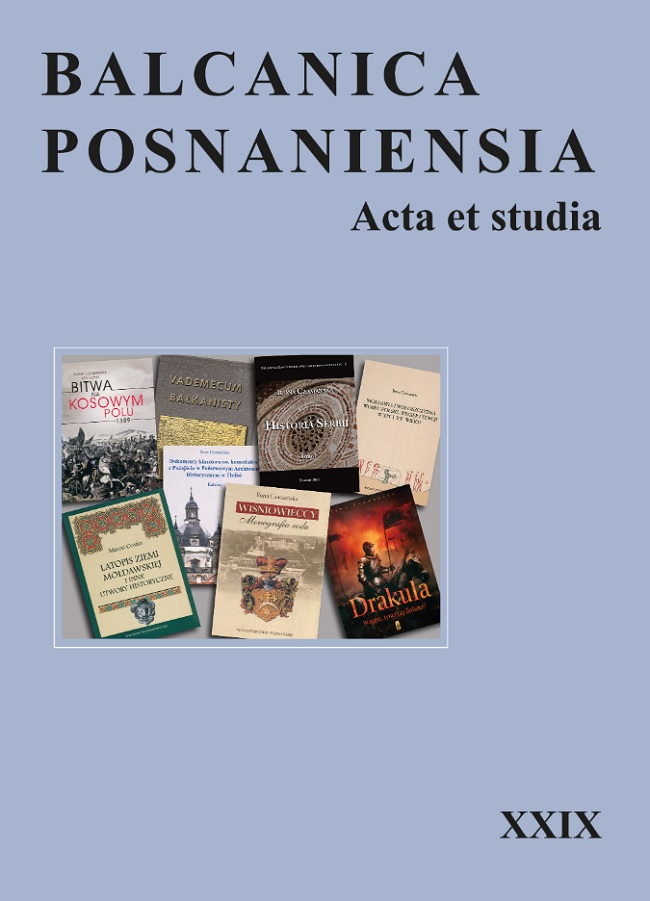POWSTANIE ABBASYDÓW I JEGO NASTĘPSTWAW UJĘCIU TEOFANESA WYZNAWCY. CZĘŚĆ I
The Abbasid Revolution and its aftermath in the chronicle of Theophanes the Confessor. Part one
Author(s): Błażej CecotaSubject(s): Social history, Ancient World
Published by: Uniwersytet Adama Mickiewicza
Keywords: Byzantine empire; byzantine-arabic relations; Theophanes the Confessor; byzantine historiography
Summary/Abstract: This article attempts to interpret the messages of Theophanes the Confessor about the seizure of power in the Muslim caliphate by the Abbasid dynasty. The Byzantine studies debate of the last decades about Chronography was dominated by the dispute over the so-called eastern sources of information contained in the Byzantine chronicle. There were numerous suggestions, most notably about Teophilus of Edessa and alleged Arab sources. In view of this very important discussion, however, the issue of the work that Theophanes the Confessor himself (or the team of people who worked with him and George Syncellus in the context of the selection of materials) put into the creation of this chronicle disappears. What elements of the narrative did he want to emphasize, how did he conduct the narrative, what he wanted to suggest to his readers. According to the author of this text, a good example of the selection work performed by Theophanes are those elements of the narrative that concern the rise and takeover of power by the Abbasids. In the first part of this article, I dealt with the circumstances of the Abbasid seizure of power, which was highlighted by the Byzantine chronicler. Theophanes was certainly not an "supporter" of the Umayyads, as seen especially in the description of Marwan's reign, but he is negative about how the Abbasids seized power - considering their legitimacy questionable, presenting them as the people who led to the robberies and murders by the lower classes . I dealt with these issues, as well as some elements related to possible religious interpretations, in the first part of the work, presented here. In the second, I will present elements of Theophanes' narrative, which seem to suggest that with the seizure of power by the Abbasids he saw a certain collapse of the Muslim state.
Journal: Balcanica Posnaniensia Acta et studia
- Issue Year: 2022
- Issue No: 29
- Page Range: 55-69
- Page Count: 15
- Language: Polish

